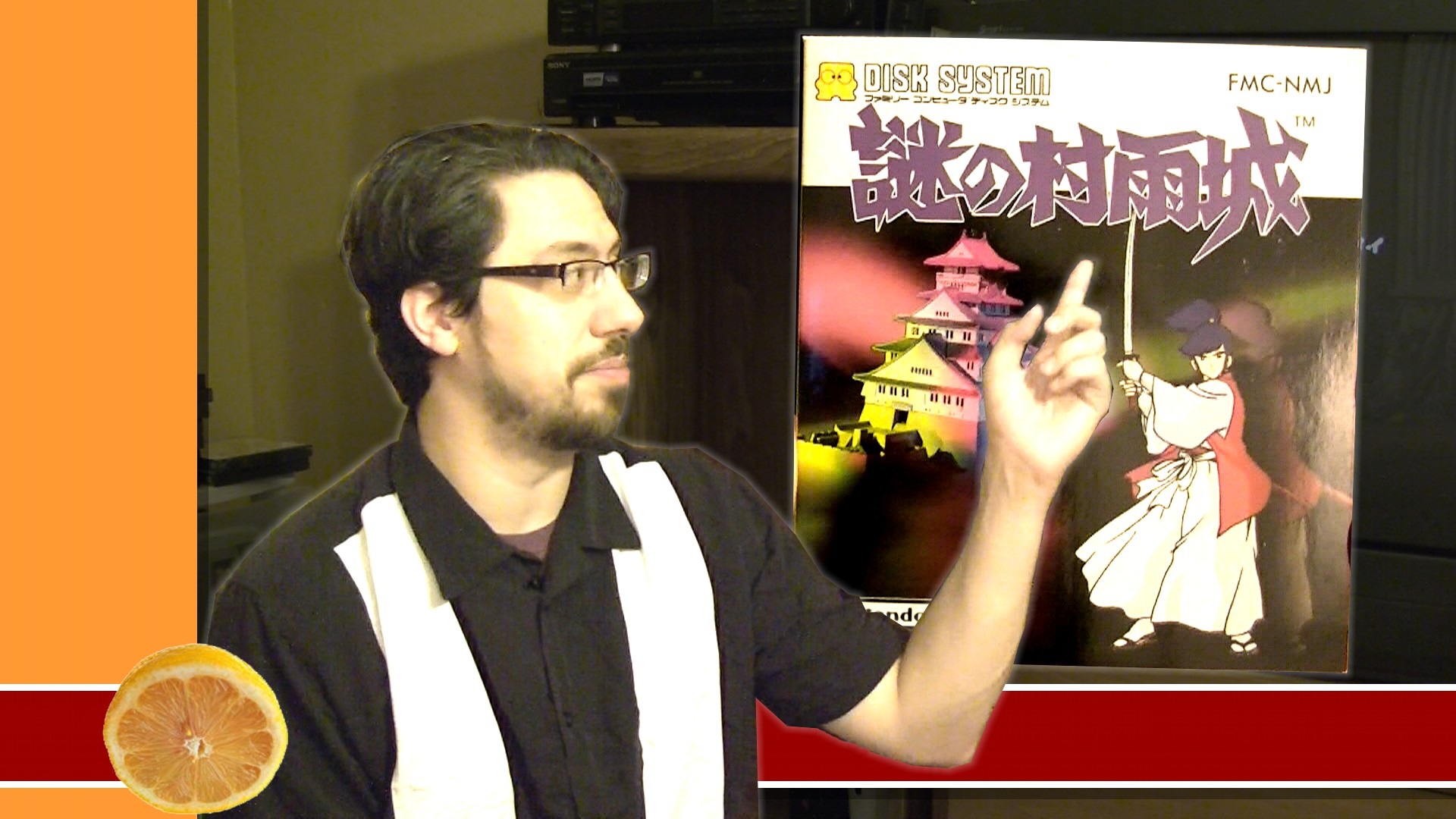 There’s a point about a half hour into Walk The Line where Joaquin Phoenix’s portrayal of Johnny Cash crosses over and becomes fully convincing. And for me, it was the exact moment between him stepping up to the microphone and saying “hello, I’m Johnny Cash”, which didn’t quite ring true to my ears, and him beginning to sing “Get Rhythm” in a near perfect Cash tone. And through the whole movie, my suspension of belief came and went, and for every shot where he struck the right pose and his voice had the right pitch, there were two where I just saw Joaquin Phoenix playing a role not unlike several he’s played before. But that third of the time that he hits the mark really is something.
There’s a point about a half hour into Walk The Line where Joaquin Phoenix’s portrayal of Johnny Cash crosses over and becomes fully convincing. And for me, it was the exact moment between him stepping up to the microphone and saying “hello, I’m Johnny Cash”, which didn’t quite ring true to my ears, and him beginning to sing “Get Rhythm” in a near perfect Cash tone. And through the whole movie, my suspension of belief came and went, and for every shot where he struck the right pose and his voice had the right pitch, there were two where I just saw Joaquin Phoenix playing a role not unlike several he’s played before. But that third of the time that he hits the mark really is something.
These days, we get glossy but lovingly detailed biopics about pop culture icons of the 20th century at least once or twice a year, and even if they’re all amazing stories about incredible people, they’re not all well told. Walk The Line just about does the job, but is carried far more by the acting than the storytelling. The direction of James Mangold, whose resume includes the middling mystery Identity and fucking Kate & Leopold, tells us about Cash’s unique and eventful life in a fairly dull way, but it lets Phoenix’s occasionally brilliant depiction of Cash lead the way and keep it interesting.
Phoenix’s world class Cash is occasionally cheapened by the number of scenes featuring lesser impressions of other musical legends, like Elvis Presley and Roy Orbison. Jerry Lee Lewis aside, none of Cash’s tourmates were depicted convincingly or had any memorable scenes. And having them in every other scene for a large chunk of the movie dragged it down and made it feel a little like those horrible made for TV movies about Jimi Hendrix or The Temptations that they rerun on VH1 all the time. Even the stunt casted Shooter Jennings barely resembled Waylon Jennings.
I’m alright with the fact that they had to Hollywood up the plot a little bit for the movie to work, but I was pretty annoyed with how they reduced Cash’s life story to a love story. June Carter was, of course, a huge part of Johnny Cash’s live, but I’m sure he did and said things that weren’t 100% motivated by their relationship, though you wouldn’t know it from watching Walk The Line. Reese Witherspoon had nearly as much screen time as Joaquin Phoenix. And as soon as she agreed to marry him and their conflicts were resolved, the damn movie was over. I do respect that choice, though, because I’m glad they didn’t bother to do a heavy make-up job on Phoenix for him to portray Cash in his later years, collecting awards and recording alt-rock cover albums with Rick Rubin.
Anytime an actor portrays a singer, the question arises: let them sing or dub the original voice? Ray played it safe and let Jamie Foxx lip sync to the voice of the real Ray Charles, but in retrospect, especially after his uncanny Ray impression on Kanye West’s “Gold Digger”, I wish they’d let him give it a try. And I’m glad Walk The Line let Phoenix give it a try. It’s clear he doesn’t possess Cash’s deep range naturally, but he does an admirable job anyway, and I’m sure it would’ve taken me out of the movie a lot more for the voice and the face not to match up than for the voice not to match up with my memory of the real Cash. And I stayed with the movie just enough to feel like I really got a feel for his life that I wouldn’t have gotten from just watching the A&E Biography.



 PS3
PS3
 Famicom Dojo
Famicom Dojo KEEP PLAYING
KEEP PLAYING KEEP PLAYING: Rewind
KEEP PLAYING: Rewind Powet Toys
Powet Toys Powetcast
Powetcast Hitchhiker's Guide POWETcast
Hitchhiker's Guide POWETcast















 There’s a point about a half hour into
There’s a point about a half hour into  Back in June, I wrote an article for the
Back in June, I wrote an article for the 